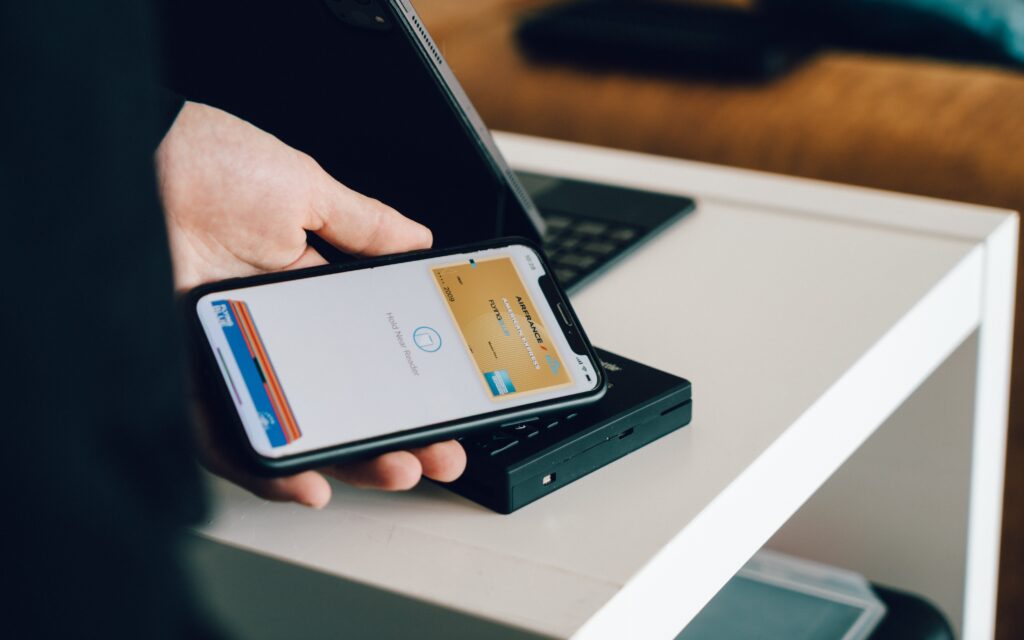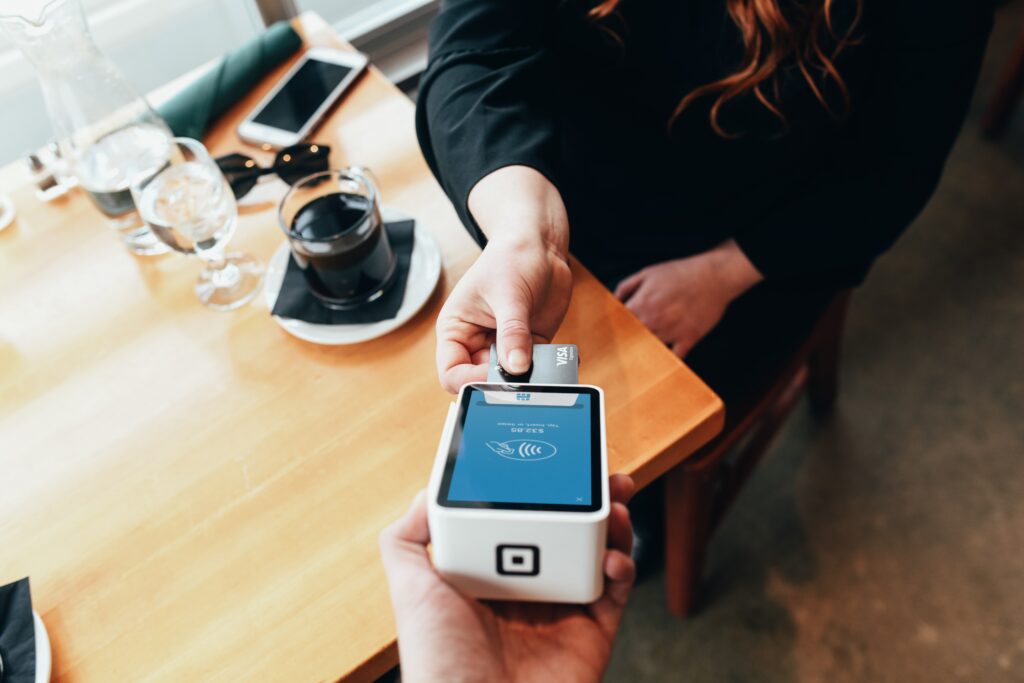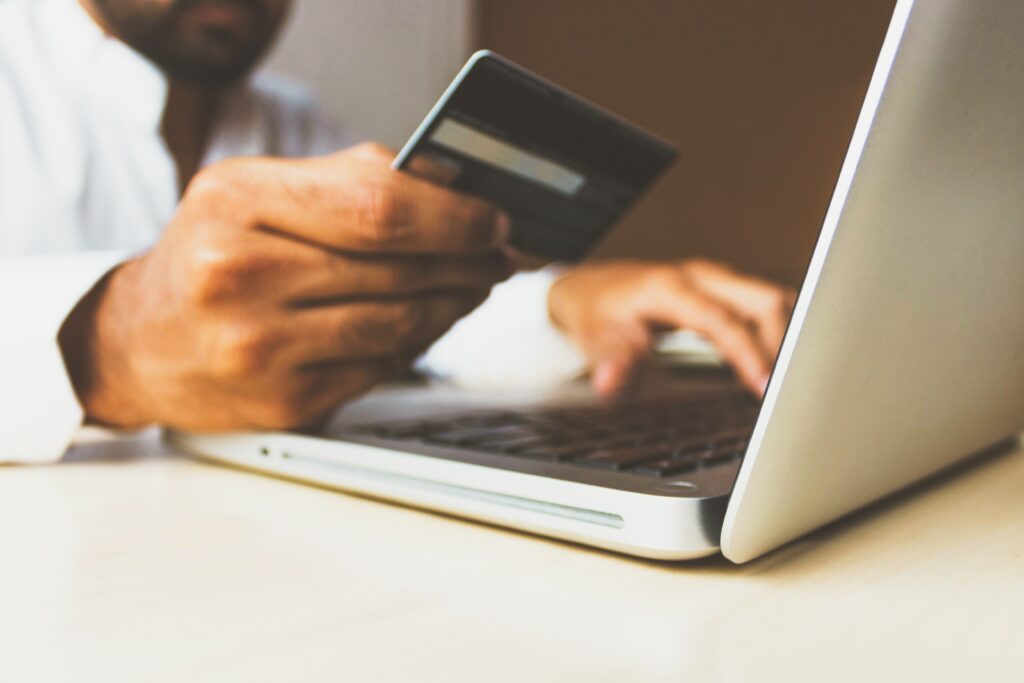
Your credit score is a number that is calculated based on your debt-to-income ratio, the length of time you’ve been with each creditor, and how you manage your credit. But what happens when one of those creditors isn’t happy about you not paying them? The answer: It can affect your score.
It’s pretty easy to forget credit card payments. Sometimes, it can be a matter of just plain forgetting. Other times, you might have some serious financial problems that cause you to forget your credit card payment on time. If you aren’t careful, this could affect your credit score in a big way.
Late payments are a major factor in calculating a person’s credit score. That means if you’re late on payments to any company or individual they could be lowering your creditworthiness! So what’s the solution to this? The simple answer is; Pay your bills on time and avoid late fees and penalties.
In this article, we are going to look at everything you need to know about late payments and how you can avoid them. So keep on reading!
When does a payment get marked as a late payment?

We know what late payment means, but it’s important to understand what it means when it comes to your credit score. According to federal law, a payment is considered late if you don’t pay the full balance by the due date. The definition of the due date can vary from creditor to creditor. Some creditors will consider a payment late after 30 days, while others might give you up to 45 days before they penalize or report it as a late payment.
What happens when you make a late payment?
If you are late with a payment, your creditor is likely to charge you a fee. Some creditors will also report this to the credit bureaus, which can affect your credit score. Here are a few things that might happen when you make a late payment:

1. You get a warning:
Some creditors won’t report your late payment until you are very behind. Some creditors even send a warning letter to your home before they report it to the credit bureaus. If this happens, you might have an opportunity to catch up on your payments before things get out of control.
2. You could be charged a late fee:
This one is pretty common. Many creditors charge a late fee for any payment that arrives after the due date. These fees can vary from a fixed dollar amount to five percent of your balance. Some creditors will waive your first late fee, but after that, you might have to pay every time you’re late on a payment.
3. Your creditor could report you as being past due:
This is something that could affect your credit score. If you pay on time, then all of a sudden you start missing payments, your creditor might report this to the credit bureaus and mark your account as past due. And don’t expect any leniency: Most creditors will typically wait until you’re 30 days late before they report it to the credit bureau.
4. Your creditor could close or cancel your account:
If you are late with a payment, some creditors will cancel the account or close the card. This is because they don’t want to lose any more money on you since you are not using their services anymore. Some creditors will close the account only if it has a zero balance, while others might do it even if you have some amount left after your next payment.
5. Your credit score could drop:
This is the big one you need to know about. If your creditor reports your account as late, it could affect your credit score. The impact on your credit score will depend on how many other accounts are reported as being on time at that particular time. A few late payments here and there shouldn’t damage your credit too much, but you might want to start paying on time if you want your credit score to keep climbing.
What happens when you have a low credit score?
A low credit score can affect you in more than just your ability to borrow money. Low credit scores can also make it more difficult for you to get approved for utilities like phone, cable, and internet. You might even find yourself paying higher interest rates on items like car insurance and home loans. Some employers even check an applicant’s credit report before they give them a job, so it might even affect your career.

Here are a few things that can happen when you have a low credit score:
- You might not qualify for government benefits
- You might have to pay higher interest rates
- You might not qualify for loans
- You might be charged higher prices on other items like insurance and utilities
- You might even find it harder to get a job
What can you do to avoid late payments?
Here are the most important things you need to know about how to avoid late payments:
1. Make sure you always pay enough money on your card:
One of the biggest mistakes people make is only paying the minimum amount due on their card each month. This does nothing to reduce your balance, and you’ll find yourself falling further and further behind every month. Even if that’s all you can afford right now, try to pay as much as possible on the card each month so you can make at least some progress on paying it off.

2. Don’t spend more than you have:
It’s easy to spend more than you have, especially on a card with a slightly lower interest rate. You might see your balance dropping by a few dollars every month, and this might make you feel like you’re making progress. However, if you’re still using the same card regularly, then it’s just going to keep building up over time. You need to stop using your credit card for anything that is not an absolute necessity if you want to avoid late payments.

3. Set up automatic bill pay
One of the easiest ways to ensure you always pay on time is with automatic bill pay. Basically, you give your creditor authorization to take money out of your checking account each month for your credit card payment. Most creditors provide you with the option to do this, but if they don’t, call them and ask them how you can do it.

4. Make multiple payments throughout the month:
If automatic bill pay isn’t an option for you, then try to make more than one payment each month. For instance, you can make a payment when you get paid at the beginning of the month and another one in the middle. This will greatly reduce your chances of paying late or missing a payment altogether.

5. Ask about grace periods:
Most creditors offer a period of time after the closing date and before the due date where you can make your payment. The exact length of this period will vary depending on your card, but it’s usually around 15 to 18 days. This is a great way to give yourself enough time to transfer money from one account to another, and it’s often a lot less hassle than making multiple payments throughout the month.

6. Set up reminders:
If you don’t like the idea of missing a payment, then set up automatic reminders on your phone. These reminders can be sent either via text message or email and will definitely help to ensure you always know when a bill is due. Even if it’s not much trouble, if it keeps you from paying late then it might be worth having to check your phone for a text instead of paying late.

What can you do to repair your credit after missing payments?
If you’ve already missed some or all of your bills in the past, don’t worry about it too much. It’s not necessarily impossible to fix bad credit, but it will take time and patience. Here are a few steps you can take:

1. Talk to each creditor individually:
If you’ve missed payments in the past, then call each of your creditors and explain the situation. Most likely, they will be willing to work with you and possibly reduce your interest rate or waive some fees so you can pay off your balance without too much trouble.
2. Reduce your interest rates:
You might have a hard time getting a lower interest rate from your creditors, but it’s still worth a shot if you really need to pay off your card. Call up each creditor and ask them for a lower interest rate. If they say no, ask them what would get you a better deal. You can also try negotiating a lower rate with a company that specializes in credit repair.
3. Only pay the minimum:
If you really can’t afford to pay off your balance, then try to make at least the minimum payment on your card each month. This will prevent your debt from going into collections and ruining your credit score any further. Over time, you might be able to save up money and pay off your debt in full.
4. Start paying your payments on time:
This is the best way to repair your credit score over the long term. Even if you’re only able to make the minimum payment every month, just try to pay it on time and in full whenever possible. You can also call up each creditor and ask them not to report missed payments in their records so that they don’t count against you when calculating your credit score.
Final thoughts:
Making late payments will harm your credit score in the short term. There are a few ways to fix your credit after making a payment, but in general, it takes time and careful planning to achieve results. If you pay your bills on time and communicate with your creditors, then over time you should be able to repair the damage and even create a positive credit history.

